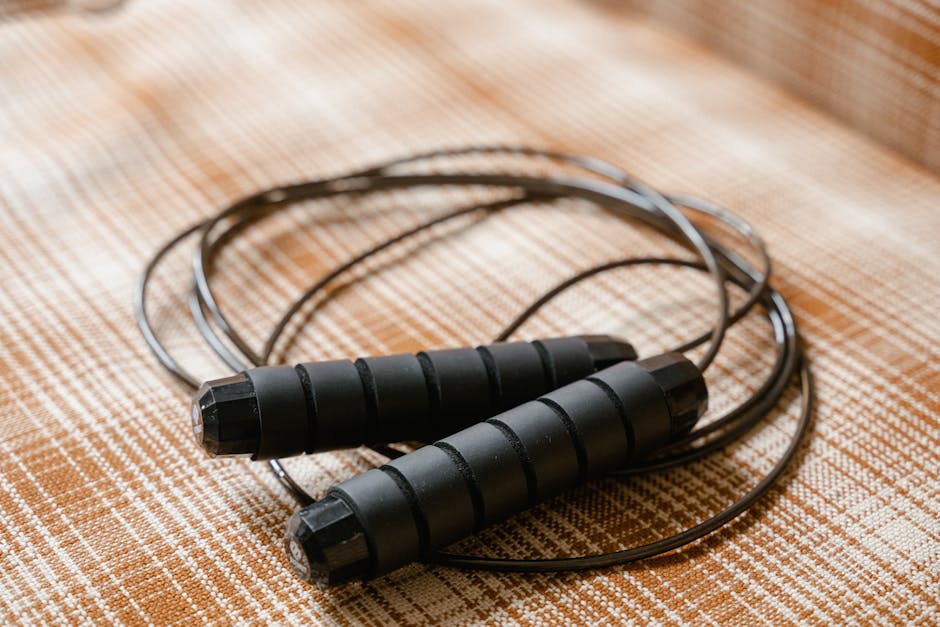Luka Dončić’s Weight Management: Examining the NBA Star’s Fitness Journey
Luka Dončić, the Slovenian superstar of the Dallas Mavericks, is known for his exceptional basketball skills. His incredible court vision, scoring prowess, and overall playmaking ability have cemented his place among the NBA’s elite. However, alongside his on-court dominance, Dončić’s weight has often been a topic of discussion and speculation. This article delves into the complexities surrounding Luka Dončić’s weight, exploring the potential factors influencing his physique, the importance of healthy weight management for athletes, and the impact of public perception on professional athletes’ bodies.

The Public Perception of Luka Dončić’s Weight
Since entering the NBA, Dončić’s physique has been subject to scrutiny. Images and videos circulating online frequently highlight his build, leading to discussions about his weight and its potential impact on his performance and longevity in the league. This public attention raises important questions about the pressure on professional athletes to conform to specific body ideals and the potential consequences of such scrutiny.
It’s crucial to remember that judging an athlete solely based on their appearance is reductive. While maintaining a healthy weight is essential for peak athletic performance, a player’s skill and contribution to the team shouldn’t be overshadowed by discussions about their physique. Dončić’s extraordinary talent is undeniable, regardless of any perceived weight fluctuations.

Factors Influencing Weight in Professional Athletes
Several factors contribute to an athlete’s weight, and these factors can be complex and interconnected. For professional basketball players like Dončić, these factors can include:
- High-Calorie Diet: The demands of professional basketball require a significant caloric intake to fuel intense training and games. Maintaining sufficient energy levels requires consuming a high number of calories, which can contribute to weight gain if not managed carefully.
- Intense Training Regimen: The rigorous training schedule of NBA players involves hours of practice, weightlifting, and conditioning drills. While this contributes to fitness, it can also lead to muscle gain, which may increase overall weight.
- Genetics: An individual’s genetic predisposition plays a significant role in their body composition and metabolism. Some individuals naturally carry more weight than others, even with similar diets and exercise routines.
- Injury and Recovery: Injuries can disrupt training schedules, leading to reduced physical activity and potentially weight gain. The recovery process often involves rest and potentially less intense training, affecting caloric expenditure.
- Metabolic Factors: Variations in metabolic rate influence how the body processes and utilizes energy. Slower metabolisms can contribute to weight gain.
- Stress and Sleep: The pressures of professional sports, coupled with travel and demanding schedules, can lead to stress and sleep deprivation. Both of these factors can disrupt hormonal balance, impacting metabolism and potentially contributing to weight gain.
The Importance of Healthy Weight Management for Athletes
Maintaining a healthy weight is crucial for optimal athletic performance. Excess weight can negatively impact agility, speed, endurance, and overall efficiency on the court. However, it’s equally important to avoid excessive weight loss, as this can lead to fatigue, muscle loss, and an increased risk of injury.
For professional basketball players, an ideal weight allows them to maintain the necessary strength and power while possessing the agility and speed required for the game’s demands. This requires careful planning and execution of a personalized diet and exercise regimen.
Luka Dončić’s Approach to Fitness (Speculative and Based on Public Information)
While specific details regarding Dončić’s personal training and dietary habits remain largely private, we can speculate based on publicly available information and common practices among professional athletes. It is highly probable that he works with a team of professionals, including nutritionists, strength and conditioning coaches, and medical personnel, to develop a tailored plan.
This plan likely encompasses a balanced diet focusing on nutrient-rich foods, a rigorous training schedule combining cardiovascular exercise and strength training, and strategies for managing stress and ensuring adequate sleep. Any weight management strategies would almost certainly be focused on health and performance optimization, not solely on aesthetic goals.
Potential Components of Luka Dončić’s Training and Diet
- Strength and Conditioning: A comprehensive strength and conditioning program tailored to the demands of basketball, focusing on building muscle strength, power, and endurance.
- Cardiovascular Training: Maintaining cardiovascular fitness through running, drills, and other activities to enhance endurance and stamina.
- Nutritional Guidance: Working with a registered dietitian to create a personalized meal plan that provides sufficient energy and nutrients while managing caloric intake.
- Recovery and Rest: Implementing strategies for adequate rest and recovery to avoid overtraining and facilitate muscle repair.
- Injury Prevention: Incorporating exercises and strategies to reduce the risk of injury, a crucial aspect for maintaining peak performance.
The Media’s Role and Responsible Reporting
The media plays a significant role in shaping public perception, and responsible reporting is crucial. While it’s legitimate to discuss athletes’ performances and health, it’s imperative to avoid sensationalism and focus on facts rather than speculation. Commenting on an athlete’s weight without proper context can be harmful and contribute to unhealthy body image expectations.
Media outlets should prioritize balanced reporting, emphasizing the athlete’s overall performance and avoiding judgment based solely on their physical appearance. Promoting a healthy understanding of fitness and wellness is more constructive than focusing on body weight alone.

Conclusion: Respecting Athlete’s Privacy and Focusing on Performance
Luka Dončić’s weight is a complex issue influenced by numerous factors beyond simple dietary choices. While maintaining a healthy weight is crucial for athletic performance, it’s equally essential to avoid excessive scrutiny and judgment. Focusing on Dončić’s exceptional talent and contribution to the game, rather than his physique, is a more respectful and accurate assessment of his value as a professional athlete. Responsible reporting and a shift in public perception towards a health-conscious approach, prioritizing overall wellbeing rather than solely weight, are crucial for promoting a positive environment for athletes.
Ultimately, Luka Dončić’s weight, like that of any athlete, is a private matter unless directly impacting his on-court performance. Respecting his privacy while celebrating his extraordinary talent is paramount.

